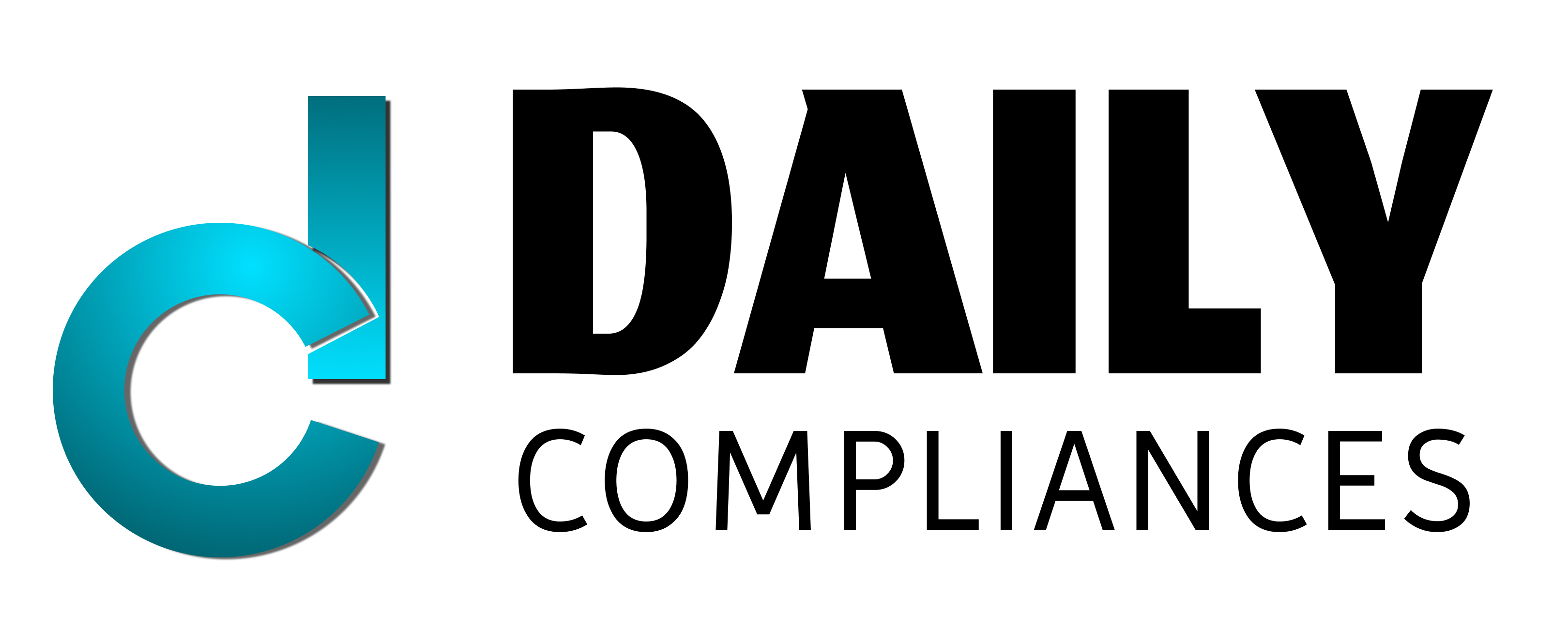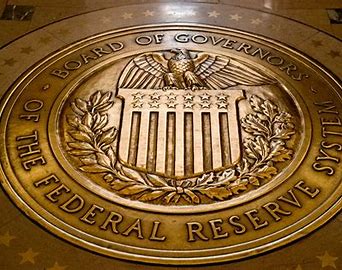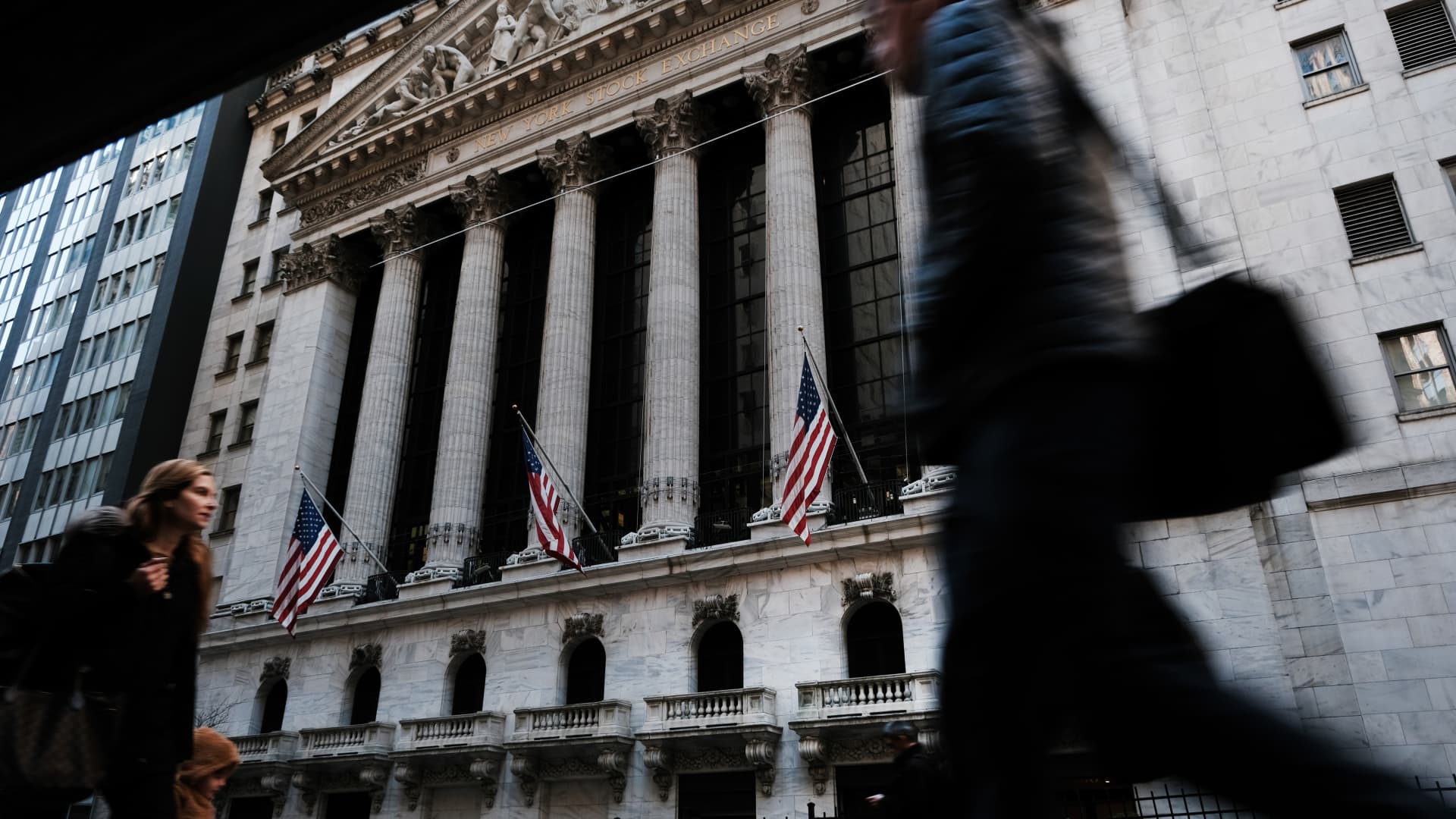
What’s new in crypto regulation and what investors need to know
- Admin
The use of crypto assets for illegal activities is a growing concern for regulators and law enforcement agencies around the world. A top U.S. regulator has called for an end to anonymity in crypto transactions, saying it poses national security risks that must be addressed.
Christy Goldsmith Romero, a commissioner at the U.S. Commodity Futures Trading Commission (CFTC), said in a speech at a London conference on Tuesday that cryptocurrencies were being used to finance cybercrime, fraud, money laundering and terrorist financing. She said that anonymity was the main factor that made crypto so attractive to illicit actors.
"It's essential for governments and particularly the industry to address that which makes crypto so attractive to illicit finance, and that is the allure of anonymity," she said.
She urged compliant crypto companies to avoid using "mixers" or software tools that obscure the identity of users by mixing and shuffling cryptocurrencies from thousands of addresses. She said that such tools were used by hackers, including from North Korea, to launder proceeds from cyber attacks.
"Congress is already considering new laws on addressing anonymity and digital identity," she said.
She also stressed that compliant crypto companies must have internal controls to prevent money laundering and terrorist financing, and cooperate with regulators and law enforcement agencies.
"It's possible for all crypto companies to distance themselves from mixers and anonymity enhancing technology while still providing customers financial privacy," she said.
She added that the CFTC was committed to fostering innovation and competition in the crypto space, but also to protecting consumers and markets from harm.
The CFTC is one of several U.S. agencies that oversee different aspects of the crypto industry. The Securities and Exchange Commission (SEC) regulates crypto assets that are deemed securities, while the Treasury Department's Financial Crimes Enforcement Network (FinCEN) enforces anti-money laundering rules for crypto businesses.



























